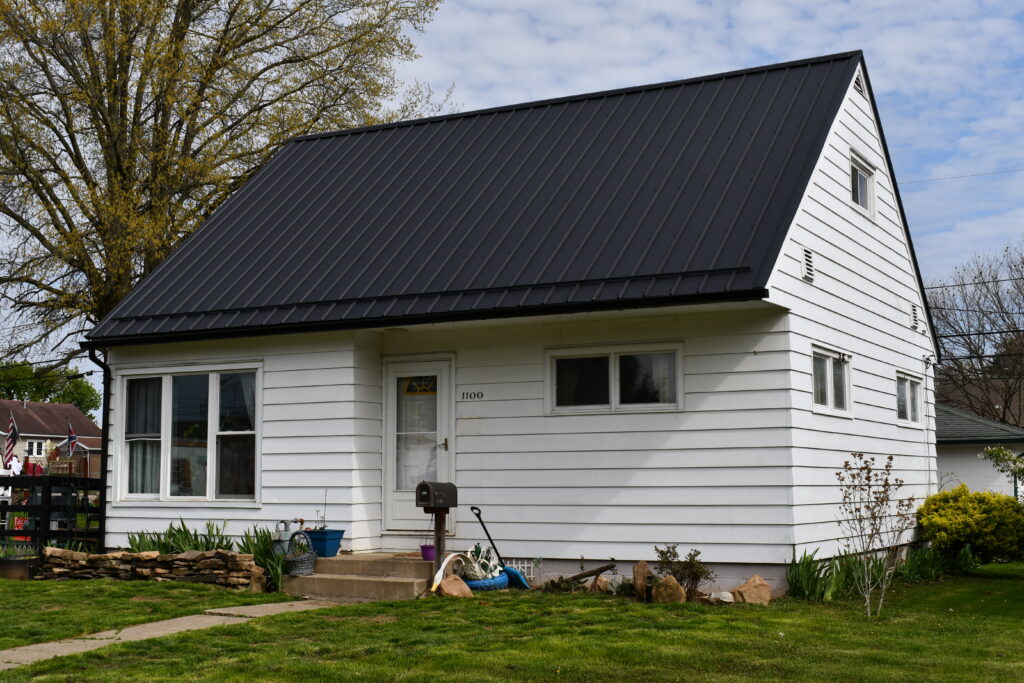Servicing Ohio, West Virginia, and Pennsylvania
Metal roofs have become increasingly popular in recent years because of their durability, longevity, and energy efficiency. However, there’s a common misconception that metal roofs are noisy when it rains. This deters some homeowners from considering this roofing option.
In this comprehensive guide, we’ll debunk this myth and provide clarity on whether metal roofs are noisy during rainfall.
To understand whether metal roofs are noisy when it rains, we must first grasp how they’re constructed. Modern metal roofing systems typically consist of:
Now that we understand the basic construction of metal roofs, let’s address the myth that they’re noisy when it rains:
Many homeowners with metal roofs report that they’re pleasantly surprised by how quiet their roofs are during rainfall. Here are some real-world experiences that debunk the myth of noisy metal roofs:
In addition to debunking the myth of noisy metal roofs, it’s worth highlighting the numerous benefits of choosing this option:

Contrary to popular belief, metal roofs are not inherently noisy when it rains. The combination of underlayment, insulation, and proper installation effectively reduces sound transmission, resulting in a quiet and comfortable indoor environment.
Homeowners considering metal roofing can rest assured that they’ll enjoy the numerous benefits of metal roofing without having to endure excessive noise during rainfall. With proper installation and maintenance, a metal roof can provide decades of reliable performance and peace of mind.
Feel free to contact us with the information below or with the contact form. We are more than happy to answer any questions you may have regarding our services or to give you an estimate regarding a future project.